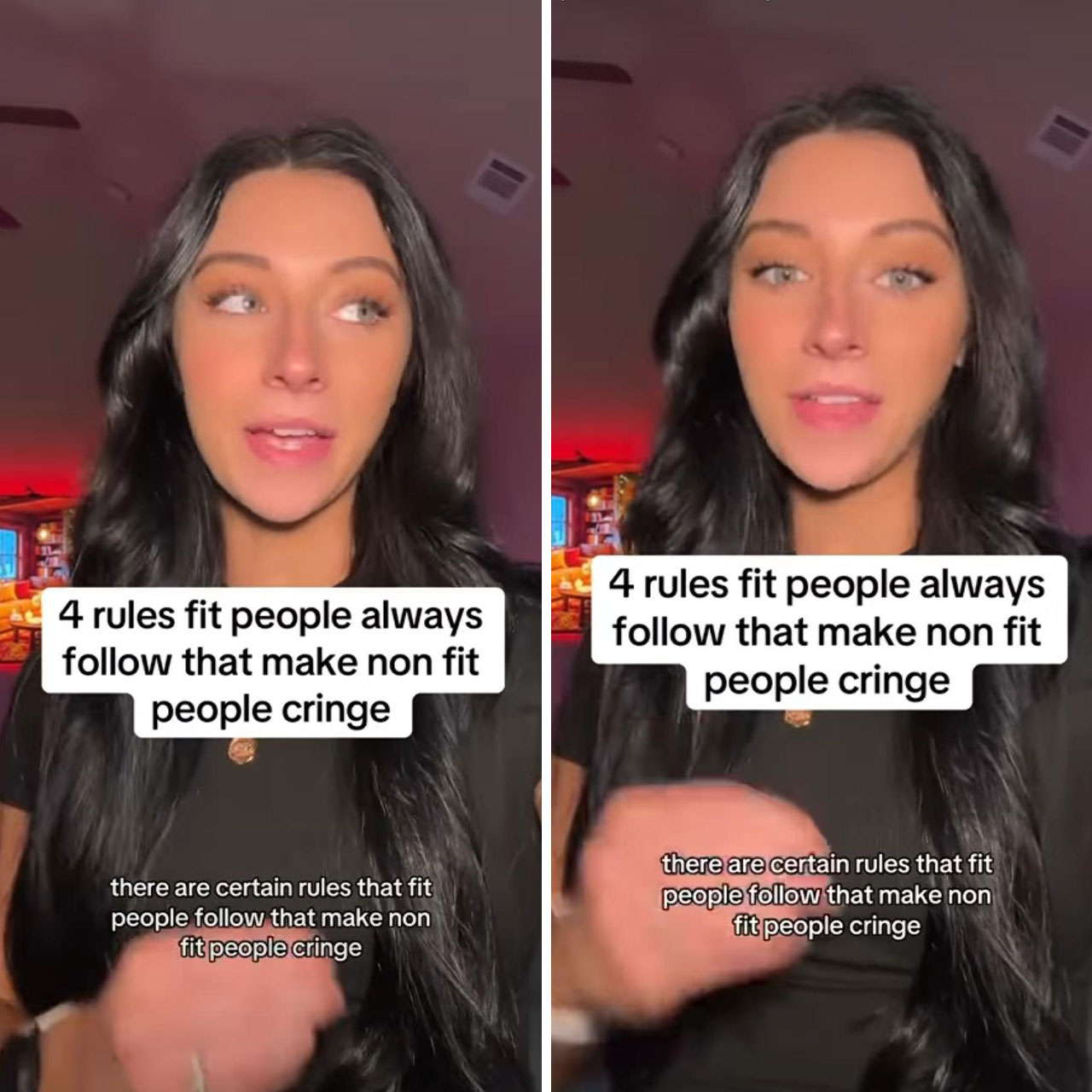Losing weight is hard to do, but it can be done healthily over time. We spoke with doctors, dietitians and health experts to find two changes you can make to your evening routine if you want to lose weight, and the good news is that they aren’t too difficult to implement.
The main changes you need to make are going to bed earlier (if possible), getting six to eight hours of shut-eye and limiting post-dinner snacking. This is helpful in avoiding late-night hunger and midnight cravings that can deter you from your longterm goals. With this in mind, we rounded up the best tips for how to update your evening routine and achieve the best results from your weight loss journey.
Go To Bed Earlier / Get Adequate Rest
Firstly, each expert we spoke to stressed the importance of a good night’s sleep if you want to lose weight. A healthy sleep routine benefits the body in numerous ways. but most importantly, adding a consistent sleep schedule to your daily exercise and healthy diet will make losing weight easier over time.
“One of the biggest things we can do with our evening routine to lose weight has nothing to do with food, and everything to do with sleep,” says Dr. Neha Pathak, WebMD, Chief Physician Editor, Health and Lifestyle Medicine. “One of the most important, but overlooked factors for healthy weight loss is actually getting a good night’s sleep.”
Pathak says that an ideal amount of sleep includes both “quantity” (7-9 hours consistently every night) and “quality” (a full night’s sleep without interruption). How inconsistent sleep contributes to weight gain, Pathak says, is linked to several factors. The first is hormonal disruption such as that of cortisol, “our stress hormone,” and leptin and ghrelin, “our hunger and satiety hormones” which occurs with lack of sleep.
Another factor is how inadequate rest affects our mood, which can then cause increased hunger. “Our mood can be negatively affected when we don’t sleep well, causing us to eat poorly,” Pathak explains. The third important sleep-related factor contributing to weight gain is a condition like sleep apnea. Her main message is that “healthy sleep patterns can help us keep our waistlines from growing.”
Dr. Nicole Marcione, PhD, NBC-HWC, adds that not eating at least three hours before bedtime is also important. “Digestion interferes with our sleep and our body’s time to regenerate and heal,” says Marcione. “If our body is busy using energy to digest while we sleep, that energy is not going towards getting our brain and body ready for the next day.” She says this can lead to stress and anxiety, which is “definitely not useful” for losing weight.


Limit Post-Dinner Snacking
While snacking once in a while after dinner doesn't equate to instant weight gain, it can contribute to extra weight over time.
"Environmental triggers can cause people to eat when they are not hungry," explains Dr. Leann Poston, M.D., M.B.A., M.Ed. "Snacking while watching television, having an extra something to eat when the kids come home, or a nightly glass of wine as part of a routine, are all extra calories that aren't intended to satisfy hunger, but instead fall in the category of mindless eating."
Eating when you are hungry and not eating when you are not is important to remember when trying to lose weight. It's so easy to consume snacks after we're full, so keeping this in mind can help you cut out unnecessary and unhealthy snacking.
"Identify your triggers and habits and try to shift from associating snacking with television watching," adds Poston. Registered dietitian Trista Best, MPH, RD, LD, encourages anyone trying to lose weight to eat a well-balanced dinner early on in the evening, paying attention to the extra calories they consume after dinner and after-dark.
"The foods that you typically consume after dark when you're just feeling snacky are calorie dense and usually loaded with sugar or refined carbs which tend to lead to belly fat specifically," Best explains.
If you do find yourself hungry after dinner, light snacks like yogurt, plain popcorn or oatmeal can do the trick without making you feel bloated.
Dr. Michael Murray, Chief Scientific Advisor for iHerb, says that the most important change to help with weight loss for most people is to "avoid consuming any food or high-calorie beverages after dinner or before bed." He advises to incorporate more fiber into your diet to further help promote satiety in the evenings or before bedtime.
Overall, going to sleep earlier and limiting post-dinner snacking aren't instant fixes for weight loss, but they are two healthy choices you can make for results over time. Speaking with your doctor about your diet and goals is the best way to ensure you're losing weight in a healthy way!


























